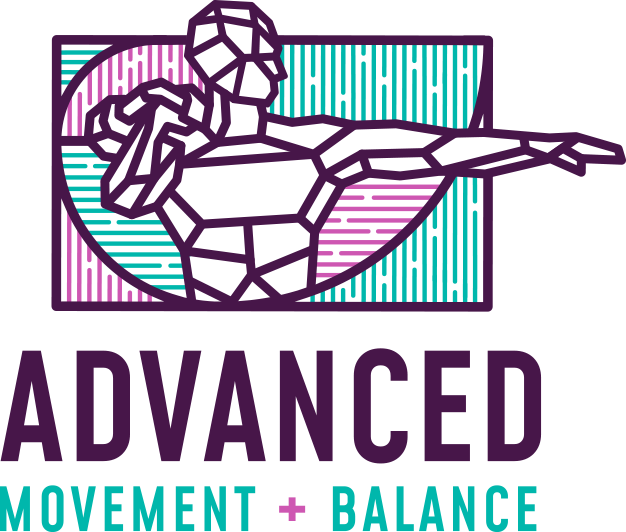Concussion Therapy
What is a concussion?
A concussion is a mild traumatic brain injury that affects brain function. Effects are often short term and can include headaches and trouble with concentration, memory, balance, mood and sleep.
Concussions usually are caused by an impact to the head or body that is associated with a change in brain function. Not everyone who experiences a blow to the body or head has a concussion and not all concussions have to lose consciousness.

Physical symptoms of a concussion may include:
- Headache
- Ringing in the ears
- Nausea
- Vomiting
- Fatigue or drowsiness
- Blurry vision
- Brain fog
- Dizziness
- Loss of balance
- Confused or dazed
- Delay in answering or completing tasks
- Forgetfulness
Some symptoms may not occur for days after the injury, such as:
- Trouble with concentration and memory
- Irritability and other personality changes
- Sensitivity to light and noise
- Trouble with sleep
- Feeling emotional or depressed
- Changes in taste and smell
What is Concussion Therapy?
After a concussion, relative rest is crucial for brain recovery. This means avoiding activities that worsen your symptoms, but complete isolation is not recommended. Several studies over the past 10 years have found that if you do nothing at all except start an exercise program, you will start to see extreme benefits in your recovery. Research shows staying completely inactive can actually slow healing.
At Advanced Movement + Balance, our systematic approach starts with detailed assessments to understand your specific limitations and needs. We then guide you through relative rest and graded exercises, helping you safely return to daily activities or sports.
Our personalized exercise program may include:
-
- Aerobic exercises: To improve blood flow and support brain healing
- Coordination and balance drills: To enhance stability and reduce dizziness
- Strengthening exercises: To improve overall fitness and support daily activities
- Visualization and cognitive training: To enhance mental focus and confidence
- Vestibular therapy: To address inner ear imbalances that can contribute to dizziness
- Sport-specific training: For a safe and gradual return to sports
- Manual therapy: If needed, to address muscle tightness or joint restrictions

Concussions are common and can be very debilitating…
…especially if you are trying to complete this on your own.
Call your physician after any injury to the head and to see if concussion therapy is right for you. Set up a 15 minute discovery call to learn more about our concussion rehabilitation process.




